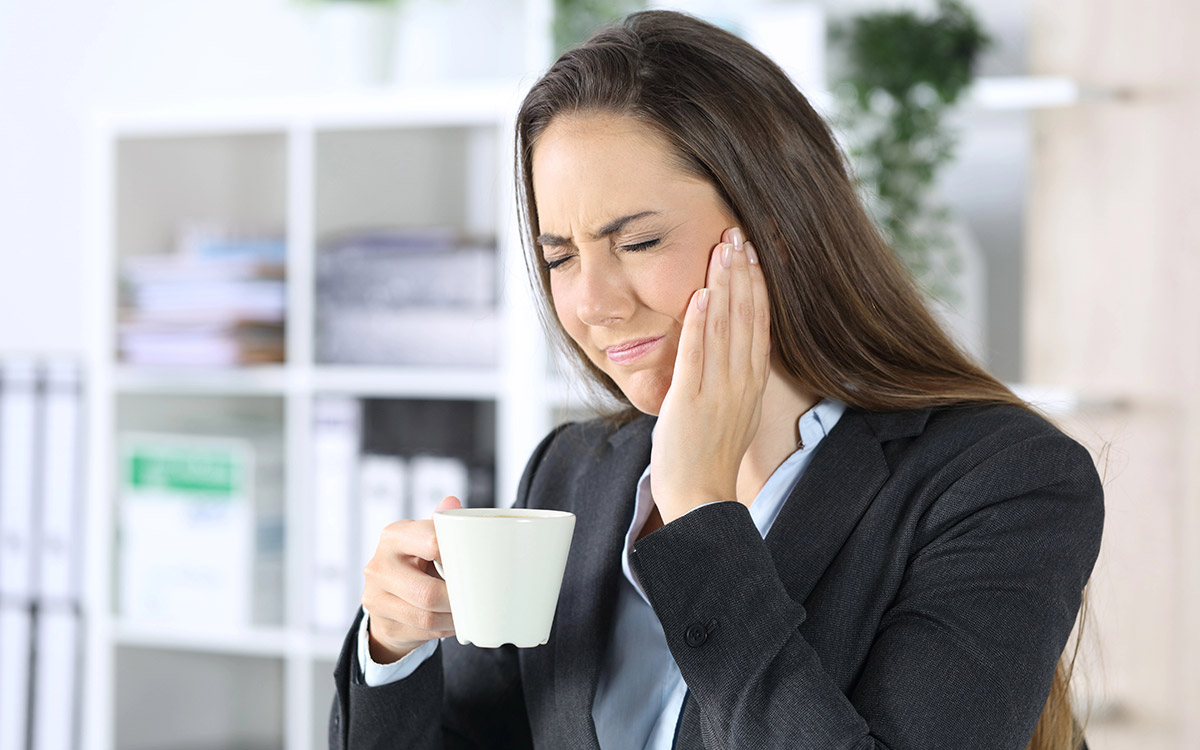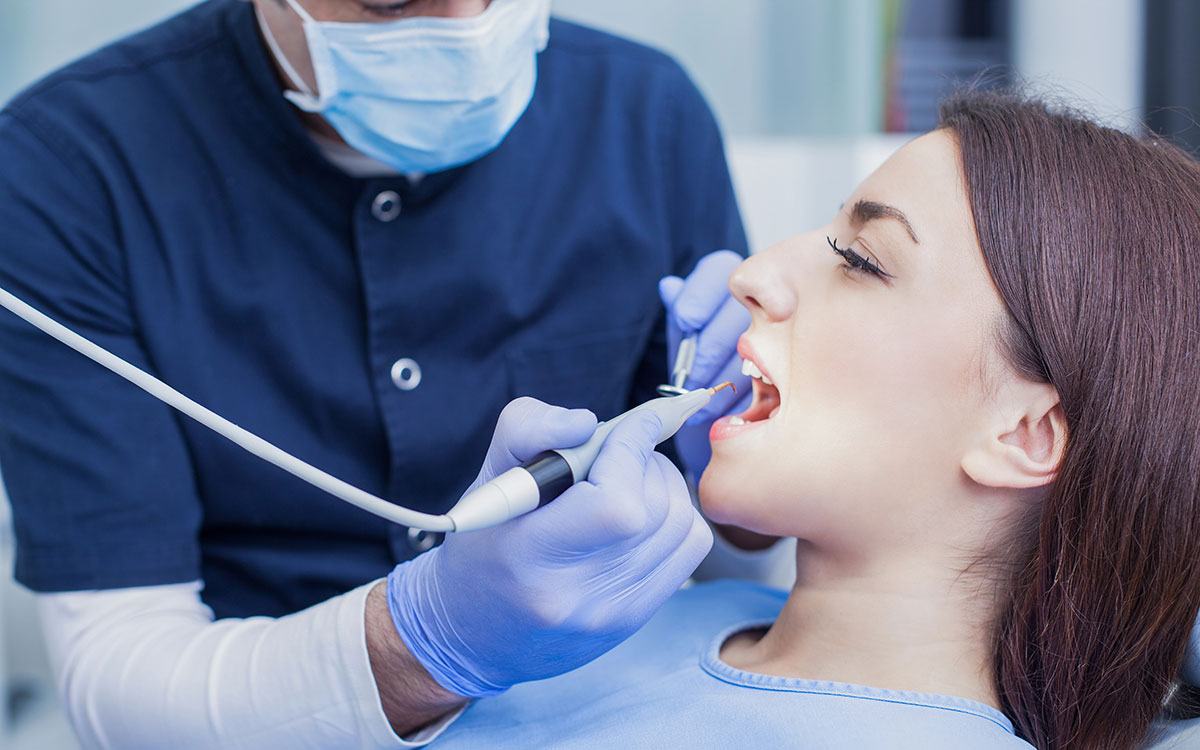Mouthwash has long been used to clean teeth and freshen your breath. But is it necessary? If your dental hygiene has been good lately and you don’t have any problems with bad breath or plaque buildup, you don’t need to use mouthwash. However, if you’ve had trouble with regular brushing or flossing, mouthwash can help eliminate bacteria from your teeth.
Benefits of Mouthwash
Mouthwash is a great way to keep your mouth clean and healthy. Here are some of the benefits of using mouthwash:
1. Mouthwash Reduces Plaque Buildup and Prevents Gum Disease
Plaque is a sticky substance made up of bacteria and food particles that builds on teeth over time. If this plaque isn’t removed by brushing or flossing regularly, it hardens into tartar, which can lead to gum disease if left untreated. Mouthwash can help remove the plaque from your teeth and kill bacteria in your mouth.
2. Reduce the Risk of Gingivitis
Gingivitis is an infection of the gum tissue. It can cause bleeding gums, bad breath, and pain when eating or brushing your teeth.
Mouthwash helps reduce the number of bacteria in your mouth. Therefore, it reduces plaque buildup on your teeth, which can lead to gingivitis.
3. It Neutralizes the Acid That Damages Teeth
Using mouthwash can prevent cavities and tooth decay caused by acid in the mouth. The acids in foods and drinks can damage tooth enamel over time. Mouthwash helps neutralize this acid so that it doesn’t damage your teeth.
It can also be used with other oral hygiene products, such as toothbrushes and floss, to improve your oral health by removing stains on your teeth and reducing bacteria levels in your mouth.
4. Mouthwash Can Help Prevent Bad Breath
The main cause of bad breath is an overgrowth of bacteria in your mouth, especially on your tongue and under your gum line. Mouthwash contains ingredients that kill bacteria and freshen breath by killing germs and masking odors with minty flavorings or other fragrances.
If you use it regularly, you will notice that your breath smells fresher and cleaner than if you didn’t.
5. Fight Tooth Decay and Cavities
Mouthwash is a great way to fight tooth decay and cavities. Most mouthwashes contain fluoride, which strengthens the teeth and helps prevent tooth decay. Mouthwash also helps remove plaque on your teeth, reducing your risk of cavities.
The Effects of Mouthwash
A study published in the Journal of Oral Microbiology found that drinking a mouthwash containing alcohol can lead to oral cancer. The study also revealed that alcohol-containing mouthwashes are ineffective at reducing plaque and gingivitis, which are the main reasons people use mouthwash.
Mouthwash may cause some side effects if you are sensitive to certain ingredients. These include dry mouth, bad breath, numbness or tingling in the lips and tongue, tooth discoloration, and tooth erosion from fluoride exposure over time. These side effects are temporary and go away once you stop using the product regularly or discontinue use.
The Risks of Mouthwash
Mouthwash is a common product used to maintain oral health. It kills bacteria, reduces plaque, and whitens teeth, but there are several potential risks associated with mouthwash. It can irritate the soft tissues in your mouth and throat, especially if it contains alcohol or is too acidic. It can also lead to more serious problems if you swallow it.
Here are some of the risks of mouthwash:
Alcohol
Mouthwashes that contain alcohol can dry out the tissues in your mouth. It can cause irritation, leading to bleeding gums and cracked lips. If you suffer from dry mouth, you should avoid mouthwashes containing alcohol. Mouthwash containing alcohol can worsen dry mouth symptoms, so you should avoid it if you have the condition. You should also avoid using mouthwashes with alcohol if you have recently undergone dental work or gum disease.
Sodium lauryl sulfate (SLS)
This ingredient is often found in toothpaste and mouthwash formulas designed for use after brushing teeth. While SLS does help coat teeth with fluoride, it may also irritate or inflame your gums when used regularly.
Infections
You risk contracting mouthwash infection if you don’t use it correctly. Using mouthwash too long or failing to rinse your mouth thoroughly can result in an infection.
Tooth Sensitivity
Mouthwash can cause tooth sensitivity. This can make it difficult for you to enjoy eating hot or cold foods. You can also experience increased sensitivity to spicy food after using mouthwash.
Increased Cavities
Mouthwash with alcohol can irritate your gums, making them more susceptible to tooth decay. This is because the alcohol makes plaque more acidic, which can damage enamel and cause cavities. You should also be careful not to swallow excess mouthwash, as it can have a laxative effect on your digestive system and cause diarrhea.
Who Shouldn’t Use Mouthwash?
Mouthwash has been promoted to reduce bad breath and help prevent gum disease. Certain situations, however, do not require the use of mouthwash. Mouthwash is not recommended for use by children under 6 years. Children can swallow the mouthwash, leading to stomach discomfort or vomiting.
The American Dental Association (ADA) advises against using mouthwash if you have a dry mouth or are experiencing problems with your teeth and gums. A dry mouth occurs when your salivary glands cannot produce enough saliva, which is needed to cleanse and moisten the mouth. Lack of saliva can lead to tooth decay and bad breath.
Mouthwashes that contain alcohol are not recommended for those who have bleeding gums or ulcers in their mouths because they may further irritate these areas of the mouth.
People who wear dentures shouldn’t use mouthwash containing alcohol since it can dissolve the dentures’ plastic base material.
Alcohol-free mouthwash is the best choice for most people. However, if you want something more in-depth, consider using custom toothpaste. You should consult your dentist before using commercial mouthwash to ensure that it’s appropriate for you. Be on the lookout for things like whitening, care, strengthening, and other additives in the product description. Always follow the instructions on the label and speak with your dentist if you have any questions. It is also important to know that mouthwash is not a substitute for your regular dental hygiene routine.







